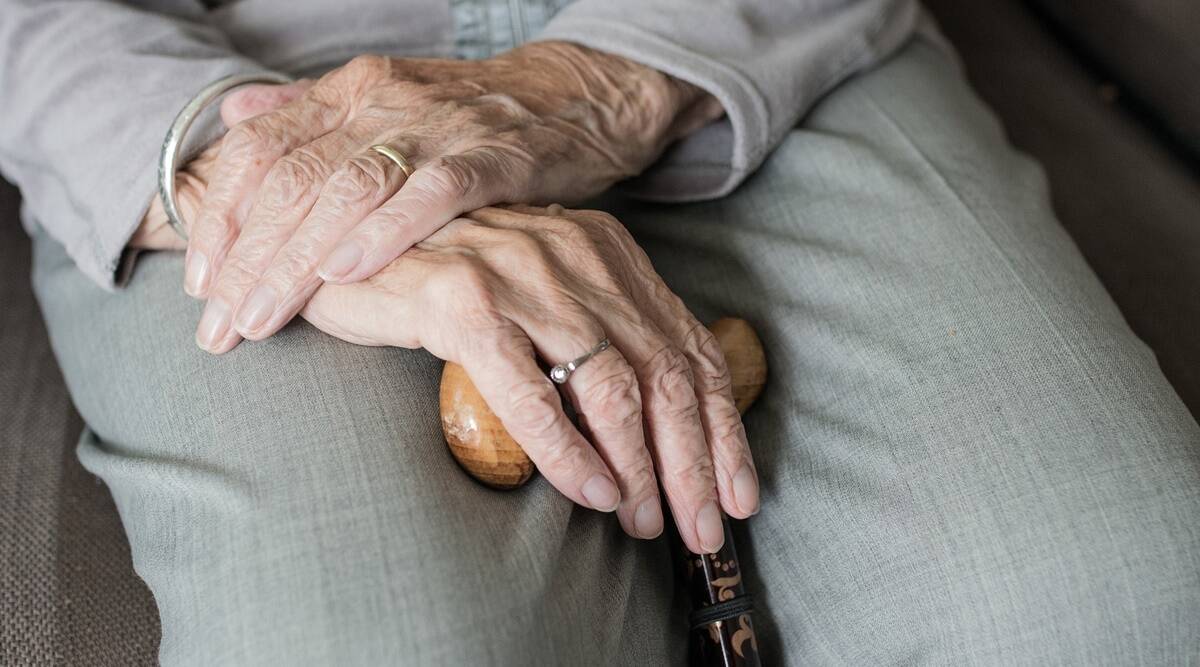Written by Dr Bimal Chhajer

With the mercury falling rapidly and the temperature breaking previous records, all of us have been exposed to extremes of temperature and air pollution. Older adults are particularly more vulnerable as they easily pick up infections in hostile conditions and deal with aggravated symptoms of their existing comorbidities. That’s because older people lose body heat faster and do not know when the big chill catches up with them or when they can quickly descend into hypothermia, with their body temperature going below normal. This can trigger a heart attack and organ damage. What are the dos and don’ts?
FOR REGULARS
1) Stay Warm: As we age, our body becomes weaker in withstanding low temperatures, which is why elders are always advised to use heat radiators to regulate their ambient temperature, wear heavy woollens in layers or stay indoors in extremely cold temperatures. Hypothermia is a sudden drop in body temperature that is caused by prolonged exposure to cold weather. Pay special attention if you are staying alone as you may not be aware of the chill factor in your house or without other people to notice changes, you may unconsciously develop hypothermia.
Also Read | Feeling extra bloated in the cold weather? Try doing these things
2) Stay Active: It is not only important to keep the body warm but also essential to keep it active for its smooth and proper functioning. Winters are the perfect time for longer bed stays but physical activity and exercising will help you sweat and flush out toxins while keeping the skin healthy.
3) Stay Hydrated: Water is like an enemy for a lot of us during winter but it is also essential to keep the body hydrated. As there is already a lack of moisture in the air, the dryness can extract water from the body. One can also use moisturiser to keep the skin healthy.
4) Protect the Extremities: The fingers, earlobes, toes and the tip of the nose are the first ones to feel cold and hence it is advised to use gloves and warm caps to protect your head, ears and hands from cold weather. Wear socks and a double-layered pajama before tucking in under extra covers.
5) Insulate your Home and Room: Place a rolled towel in front of all doors to keep out drafts.
FOR THOSE WITH COMORBIDITIES
1) Keep common cold and other illnesses at bay: It is essential to protect oneself from short-term illnesses to prevent deterioration of other long-term illnesses. With low energy levels, sugar levels can spike significantly.
Read more | Why do we all catch the cold and flu in winter? Study explains how it’s all in the nose
2) Maintain a healthy diet: A lot of us want something sweet after every meal throughout the year and this tendency increases significantly during winter, which can increase blood sugar levels and cause problems.
3) Keep blood pressure and blood sugar levels in check: It is essential to keep a tab on these two body markers to prevent wild fluctuations.
WHAT TO AVOID
1) Do not be inactive: Winter brings with it a wave of sleepiness and laziness, especially for elderly people, but it is important to fight the urge to stay in bed the whole day and stay active.
Most Read 1Chandrayaan-3 mission: Dawn breaks on Moon, all eyes on lander, rover to wake up 2As Indo-Canadian relations sour, anxiety grips Indian students, residents who wish to settle in Canada 3Karan Johar says Sanjay Leela Bhansali did not call him after Rocky Aur Rani: ‘He’s never called me but…’ 4Gadar 2 box office collection day 40: Hit by Shah Rukh Khan’s Jawan onslaught, Sunny Deol movie ends BO run with Rs 45 lakh earning 5Shubh’s tour in India cancelled: Why is the Canada-based singer facing the music?Winter health | Experts share dos and don’ts on how to stay protected from the cold wave
2) Do not stay outdoors for a long time: Staying out for a long time in this cold weather can affect the health of any person, not just the older generation.
3) Don’t forget about Vitamin D: Get as much sun as possible as sunlight is the best source of Vitamin D. An afternoon nap may be tempting but warming and toasting yourself may rev you up.
COMMON ILLNESSES THAT LEAD TO COLD INTOLERANCE
Also ReadRight or left arm? What is the right way of measuring BPHow a German hospital used ayurveda as supportive therapy to help Parkins…What if I cannot sleep more than 5 hours despite my best efforts? How to …Count your carbs: How much rice can a diabetic have? Is brown rice better…
Thyroid, diabetes, and arthritis can make it difficult to put on more clothes, use a blanket, or get out of the house. Slower rhythms, slurry speech, an uncharacteristic sluggishness, disorientation and body imbalance are all signs of hypothermia. It’s a simple checklist really to ride out the bitterness of winter.


